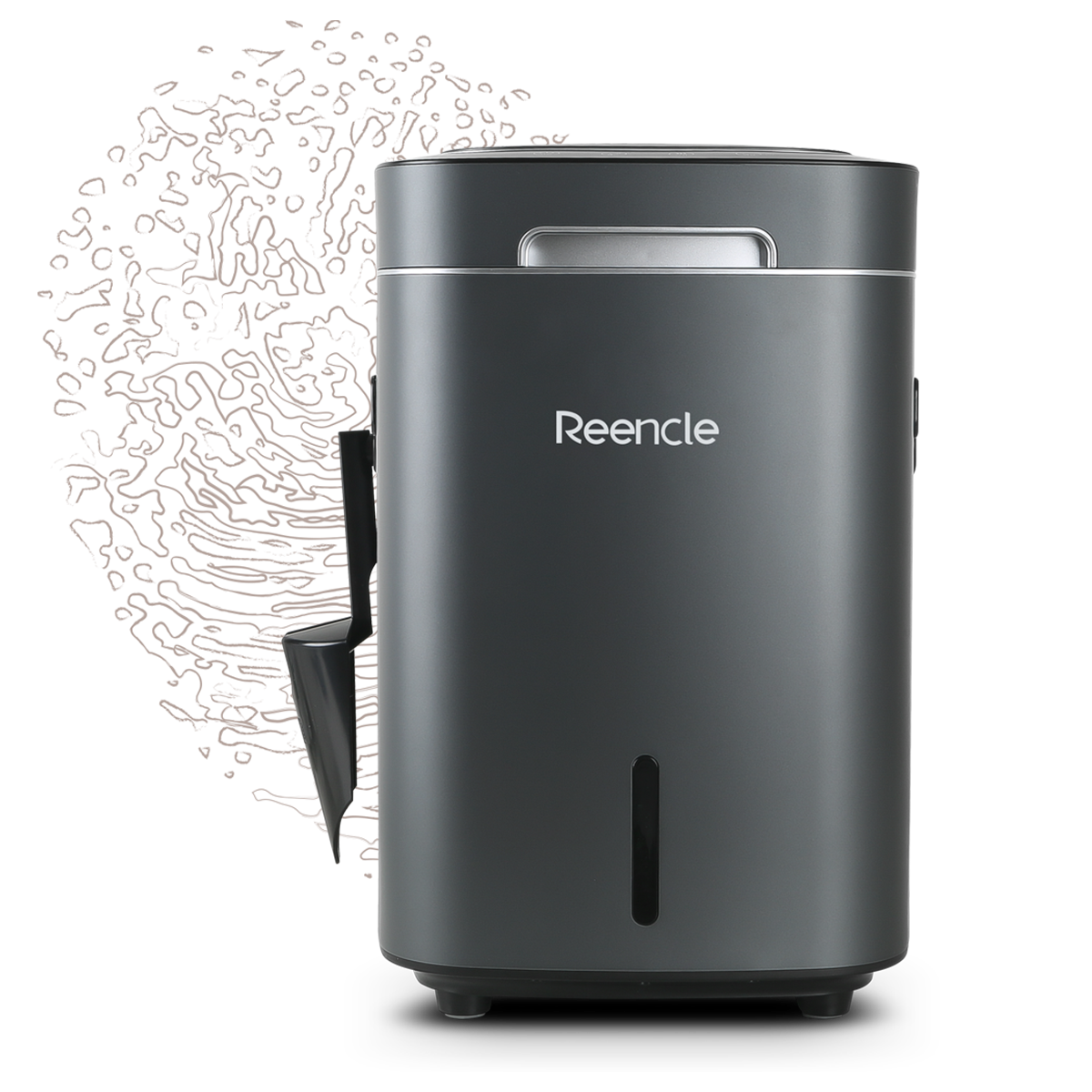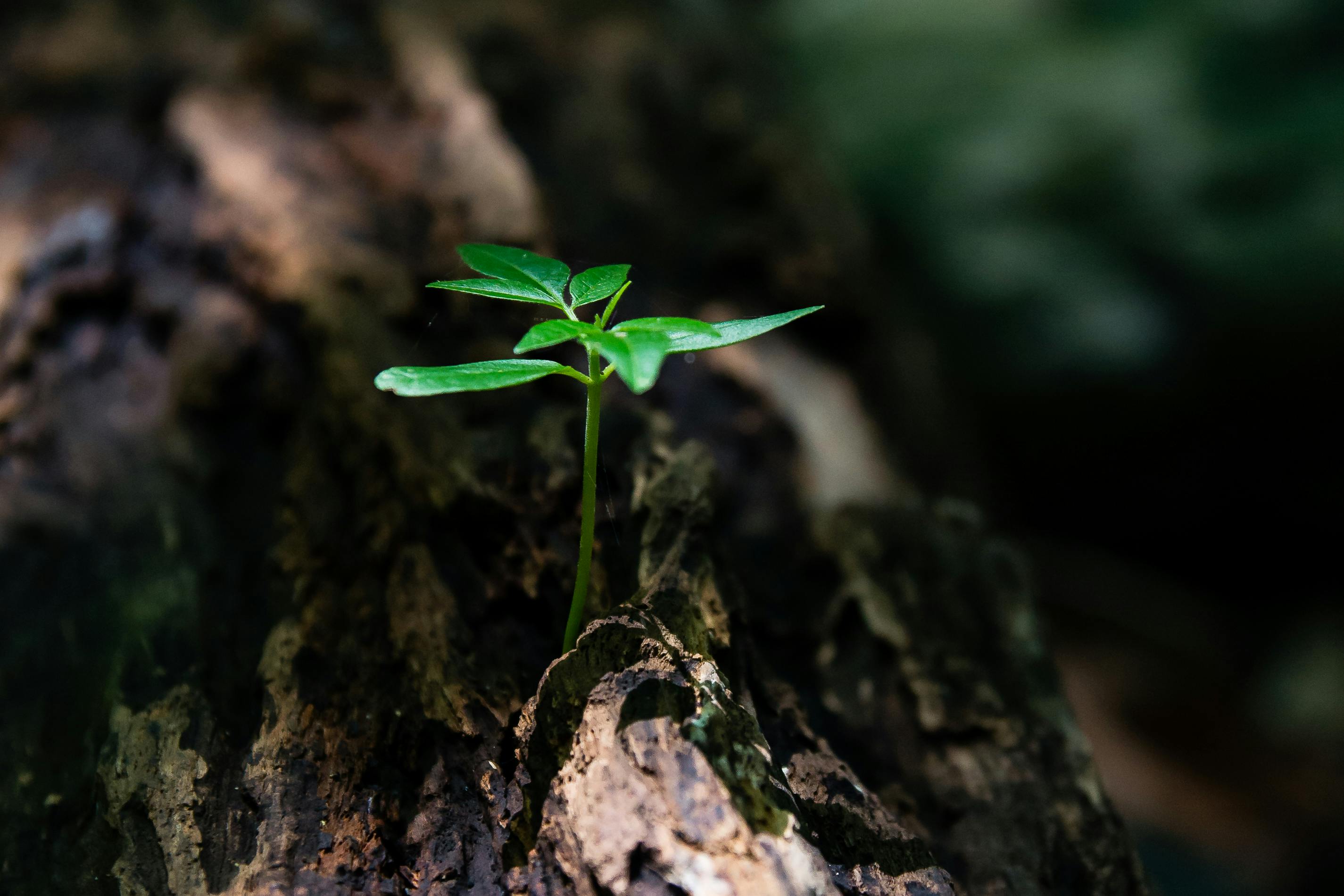Electric Composter vs. Traditional Composting

Food waste is a growing global problem, with an estimated one-third of all food produced being wasted each year. This not only represents a significant economic loss but also contributes to environmental issues like greenhouse gas emissions and landfill pollution. Composting offers a sustainable solution by transforming food scraps and other organic materials into nutrient-rich fertilizers for gardens and soil.
While traditional composting methods have been around for centuries, electric composters have emerged as a modern innovation offering several advantages. This article will explore both methods, highlighting the key features, benefits, and challenges, ultimately demonstrating why electric composters represent a superior solution for most individuals.
Traditional Composting: The Foundation of Sustainability
Traditional composting relies on natural decomposition processes driven by microorganisms like bacteria and fungi. These organisms break down organic matter over time, eventually transforming it into nutrient-rich compost. There are several methods for traditional composting, each with its own advantages and considerations:
● Pile composting: This involves creating a large pile of organic materials, ensuring proper aeration and moisture levels for optimal decomposition. While cost-effective and simple to set up, pile composting requires space and ongoing monitoring to maintain ideal conditions. Additionally, the decomposition process can be slow, taking months or even years to produce finished compost.
● Bin composting: Similar to pile composting, bin composting utilizes enclosed containers to manage the composting process. This method offers better odor control and can be more efficient than open piles, but it still requires space and ongoing maintenance.
● Vermicomposting: This method involves using worms to break down organic matter. This method is particularly efficient and produces high-quality compost, but requires specific setup and care for the worms. Despite the valuable role traditional composting plays in waste management and creating valuable fertilizer, it comes with certain challenges:
● Space requirement: Traditional composting methods often require dedicated outdoor space, which may not be readily available for everyone, especially in urban environments.
● Time commitment: The composting process can be slow, taking months to reach maturity. This can discourage individuals from seeking a quicker solution for managing food waste.
● Maintenance needs: Maintaining proper moisture and aeration levels is crucial for successful composting. This can require regular monitoring and adjustments, especially in variable weather conditions.
● Odor and pest control: Traditional composting can sometimes attract unwanted pests and generate unpleasant odors, requiring careful management to mitigate these issues.
Electric Composters: A Modern Approach to Composting
Electric composters represents a recent innovation in the world of waste management. These countertop appliances utilize heat, aeration, and controlled microbial environments to accelerate the decomposition process. Unlike traditional methods, electric composters offer several distinct advantages:
● Speed: In traditional methods, electric composters can break down organic matter in significantly less time, typically producing finished compost within hours or days compared to months or years. This rapid process allows for faster waste reduction and quicker access to valuable compost for your garden.
● Convenience: Electric composters are compact and user-friendly, often fitting comfortably on kitchen counters. They require minimal maintenance, with pre-set cycles and automatic operation eliminating the need for constant monitoring and adjustments. This makes them ideal for busy individuals or those with limited space.
● Year-round operation: Unlike traditional methods, which can be impacted by weather conditions, electric composters function effectively year-round regardless of the season or climate. This ensures consistent waste processing and compost production.
● Pest and odor control: Electric composters are designed to minimize odor and eliminate the attraction of pests. This makes them a more pleasant and practical solution for indoor use compared to traditional methods.
While electric composters offer significant advantages, there are also a few potential drawbacks to consider:
● Initial cost: Compared to the free or low-cost setup of traditional methods, electric composters require an initial investment. However, the long-term benefits and convenience they offer can offset the initial cost for many users.
● Reliance on electricity: Electric composters require electricity to operate, adding to your household energy consumption. However, many models are designed with energy efficiency in mind, and the environmental benefits of composting often outweigh the associated energy use.
Comparing Electric and Traditional Composting: A Clear Choice
Choosing between electric and traditional composting depends on individual needs and circumstances. Here's a table summarizing the key aspects for comparison:
| Features | Electric Composter | Traditional Composter |
|---|---|---|
| Setup and maintenance | Easy, minimal maintenance | Requires space and ongoing monitoring |
| Composting speed | Fast (hours or days) | Slow (weeks to months) |
| Space requirements | Compact, fits indoors | Requires dedicated outdoor space |
| Odor and pest control | Minimal odor, no pests | Potential for odor and pest issues |
| Cost and energy consumption | Higher initial cost, uses electricity | Low cost, no electricity needed |
Electric composters address many of the limitations of traditional methods, making them a more practical and effective solution for most individuals. Here's why:
● Ideal for limited space: Electric composters are compact and can be used indoors, making them ideal for apartments, small homes, or urban environments where outdoor space is limited.
● Convenience and ease of use: With minimal setup and pre-programmed cycles, electric composters offer a user-friendly experience, requiring minimal effort compared to the ongoing maintenance and monitoring needed for traditional methods.
●Observation of Uncomposed Materials: If you notice visible chunks, undecomposed materials, or contaminants in your compost, it's a clear indication that your compost requires sifting. Perform a visual inspection of your compost pile to determine if it contains undecomposed materials or contaminants that need to be removed to improve the quality of your compost.
● Faster results: The rapid composting process of electric units allows you to see results quickly and continuously reduce your food waste, contributing to a more sustainable lifestyle.
● Year-round composting: Regardless of the season or weather, electric composters function effectively, enabling consistent waste processing and compost production throughout the year.
Addressing Concerns about Electric Composters
While the initial cost and reliance on electricity might be initial concerns, these factors can be balanced against the long-term benefits and broader environmental impact. Many electric composters are designed with energy efficiency in mind, and the overall environmental benefits of composting often outweigh the associated energy use. Additionally, the convenience and effectiveness of electric composting can encourage individuals who might not otherwise engage in traditional methods, ultimately leading to a greater collective impact on waste reduction and soil health.
Frequently Asked Questions
What types of food scraps can be added to electric composters?
Most electric composters accept a wide range of food scraps, including fruits, vegetables, coffee grounds, eggshells, and even certain dairy products. It's crucial to consult the specific instructions for your model to ensure compatibility.
How much electricity does an electric composter use?
The energy consumption varies depending on the model and size, but many are designed to be energy-efficient. Look for models with certifications like Energy Star to minimize your environmental impact.
Is the finished product from an electric composter true compost?
While the exact terminology might differ depending on the manufacturer, the end product from an electric composter is a nutrient-rich soil amendment similar to traditional compost. It can be used effectively to enrich your garden beds and promote plant growth.
Final Verdict: Electric Composter vs. Traditional Composting
Electric composters represent a significant advancement in waste management, offering a convenient, efficient, and year-round solution for individuals seeking to reduce their environmental footprint and create valuable compost for their gardens. While traditional composting methods have played a vital role for decades, electric composters address many of their limitations, making them a more practical and accessible option for most individuals.
By choosing electric composting, you can contribute to a more sustainable future by diverting food waste from landfills, creating nutrient-rich soil amendment, and fostering a healthier environment for all.













